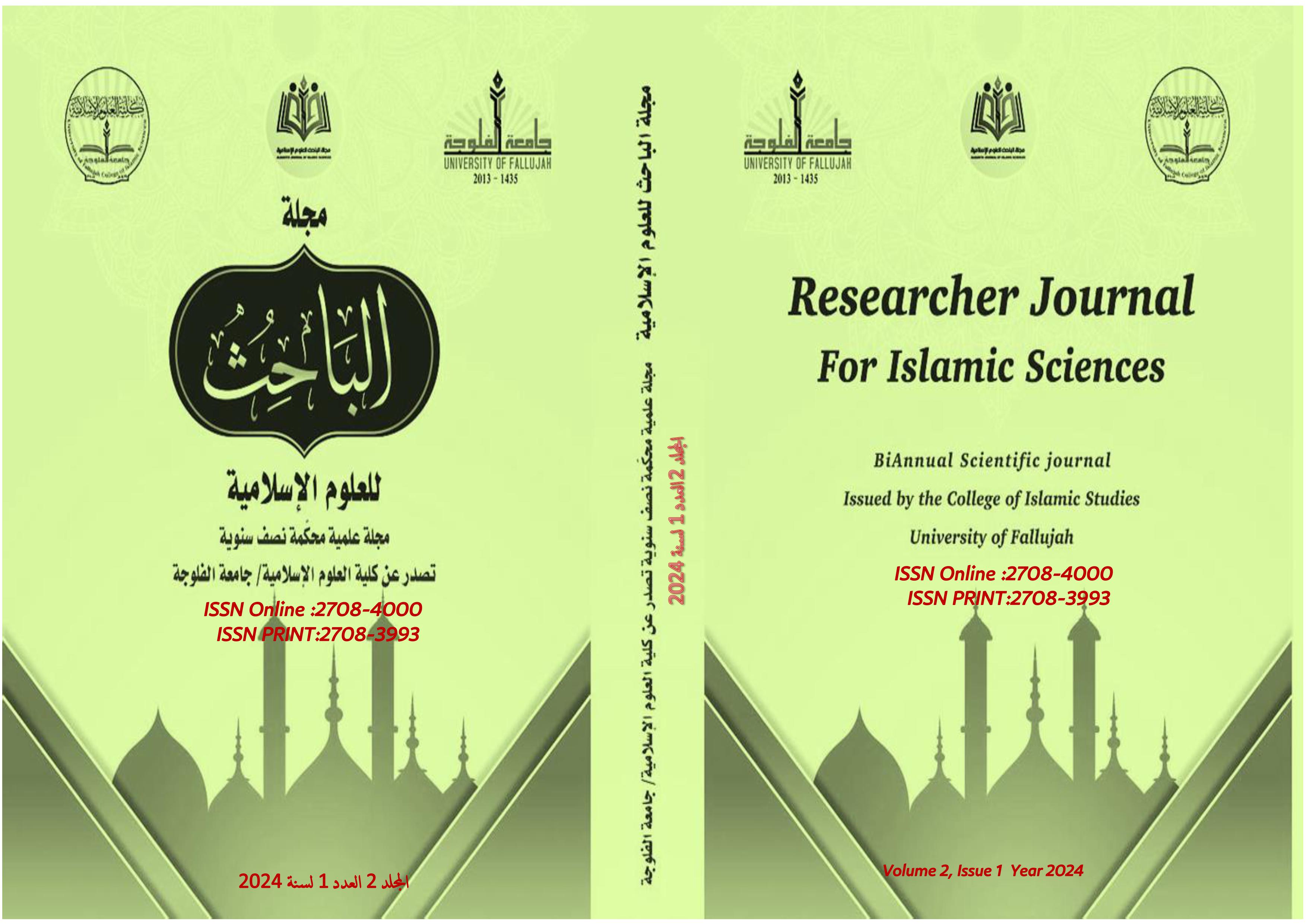The Impact of Expiations on Achieving Food Security
Abstract
This research encompasses an economic study linked to the concept of expiations (kafarat) in Islamic jurisprudence and their role in achieving food security. It focuses on Islam’s legislation of various types of expiations, such as: (Expiation for a binding oath, expiation for hunting in the sanctuary, expiation for sexual intercourse during Ramadan, expiation for zihar (a form of unlawful separation), expiation for accidental killing, and expiation for shaving the head during Hajj). While each type of expiation has specific characteristics, such as quantity and scope, they share common elements that highlight their importance in providing food and supporting the poor and needy, making them a vital contributor to food security.
This study focuses on the most comprehensive and commonly practiced expiations that significantly aid in meeting the needs of the poor, particularly the expiation for a binding oath (kafarat al-yamin), used here as a model. The research begins by defining the expiation for a binding oath and outlining its rulings from a jurisprudential perspective. It also examines the expiation for sexual intercourse during the daytime in Ramadan, given its higher magnitude compared to the expiation for a binding oath, and references the expiation for zihar due to its similar levels of impact.
The study is divided into two sections: the first addresses the rulings of expiation for a binding oath and sexual intercourse during Ramadan, along with the benefits of expiations, while the second explores the concept of food security and its relationship with Islamic legislation.
Additional Files
Published
How to Cite
Issue
Section
License
Copyright (c) 2024 Researcher Journal of Islamic Sciences

This work is licensed under a Creative Commons Attribution-NonCommercial-NoDerivatives 4.0 International License.
تجربة






